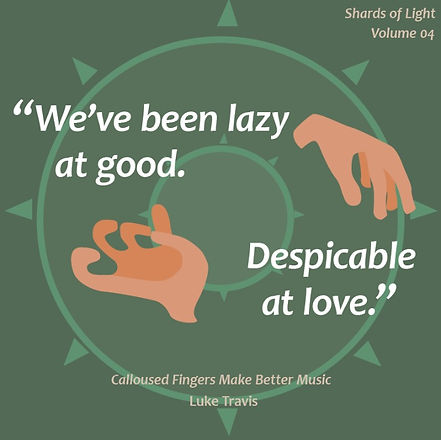WoW #1: "Things I Can't Control But I Still Try" by Njema Dehong
Feb 23, 2022
Things I Can’t Control But I Still Try by Njema Dejong (Vol.03)
In this short essay, Dejong lays out a list of the eleven things in her life that she tries and fails to control. Dejong of this piece uses everyday things that people can relate to, yet seem to pile up over time. This piece caught my eye because it captures the idea of human struggle to overcome obstacles in the shape of those that we call family. The more the essay goes on the more the author makes her voice on the matter heard; and while it might seem like the list goes on to get deeper and more personal, it does not. The piece begins with a heavy personal feeling, “the way my brother refuses to join our family group chat,” and carries it through to the end.
Dejong shows not only a feeling of sorrow at the way that people she knows have interacted with and viewed the world around them, followed by a lingering frustration of making ways to compromise and fix the problems she sees and failing to have that same effort reciprocated back.
_PNG.png)

Work of the Week #2
"Calloused Fingers Make Better Music - April 14, 1912" by Luke Travis
Luke's poem "Calloused Fingers Make Better Music – April 14, 1912" is an agonizing, palpable drip-feed of regret. A persona poem, it is told from the perspective of the musicians aboard the sinking Titanic, who allegedly played for as long as they could to soothe the panicking passengers. The first stanza offers a window into their perspective as they mask the ensuing chaos with grace and professionalism: "Cavalleria Rusticana swells up / and over the flitting despair" (l. 10–11). The second, however, takes a turn outward to their surroundings—the lives and stories about to succumb to the warm water below. And it is here that we come to the root of the poem: "We've been lazy / at good. / Despicable / at love" (19–22). Nine words slowly wrought out over four lines. These musicians’ act of service is a final (perhaps futile?) attempt to craft lives well lived.
What makes Luke’s poem so profound is how it manages to accomplish so much with so little. Just a few choice words, images, and line breaks—"black glass laps” here, an “urgent whisper” there—are all that is needed to see the sorrow resonating from those calloused fingers.
-- Cole Blagg
